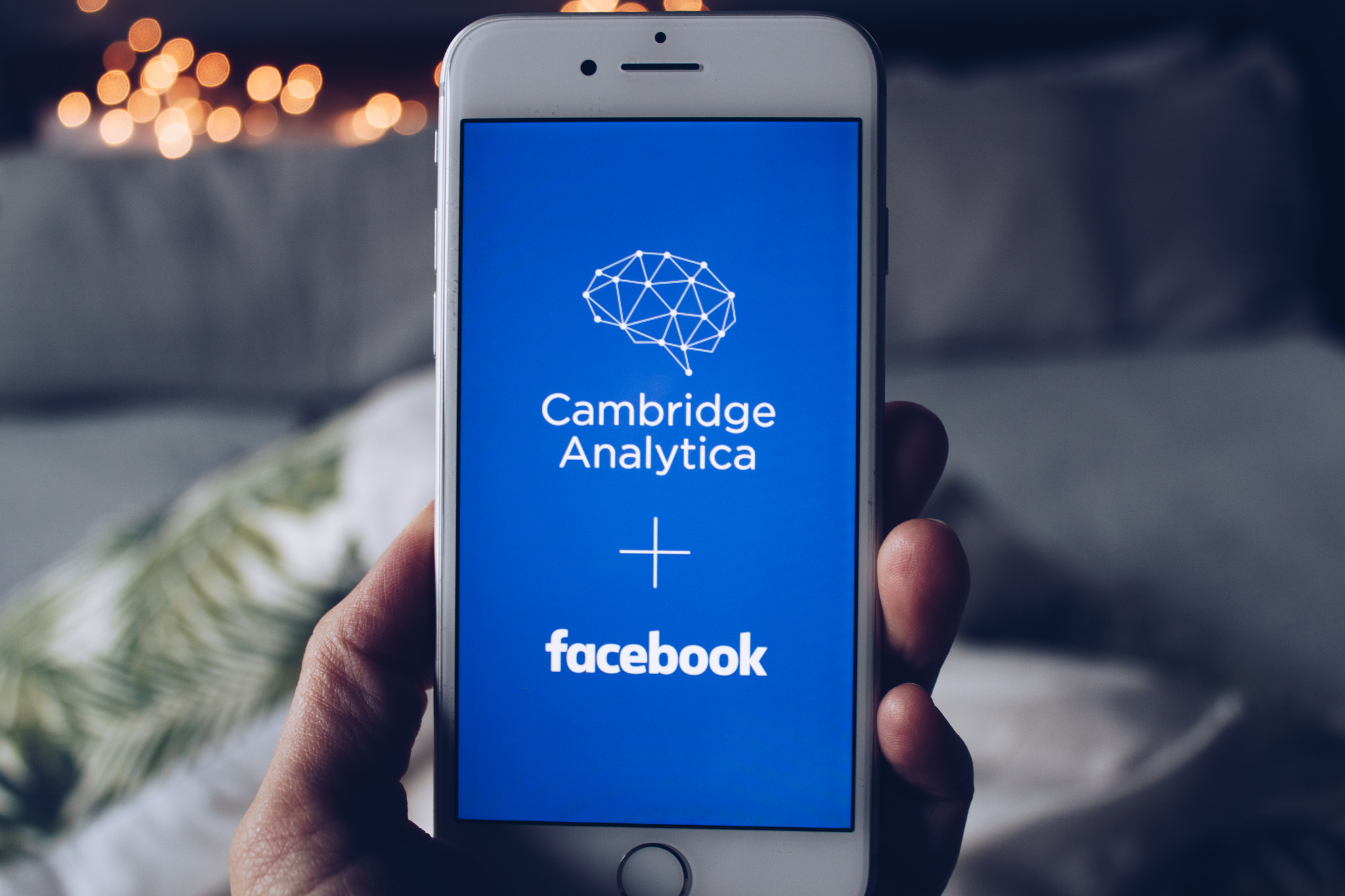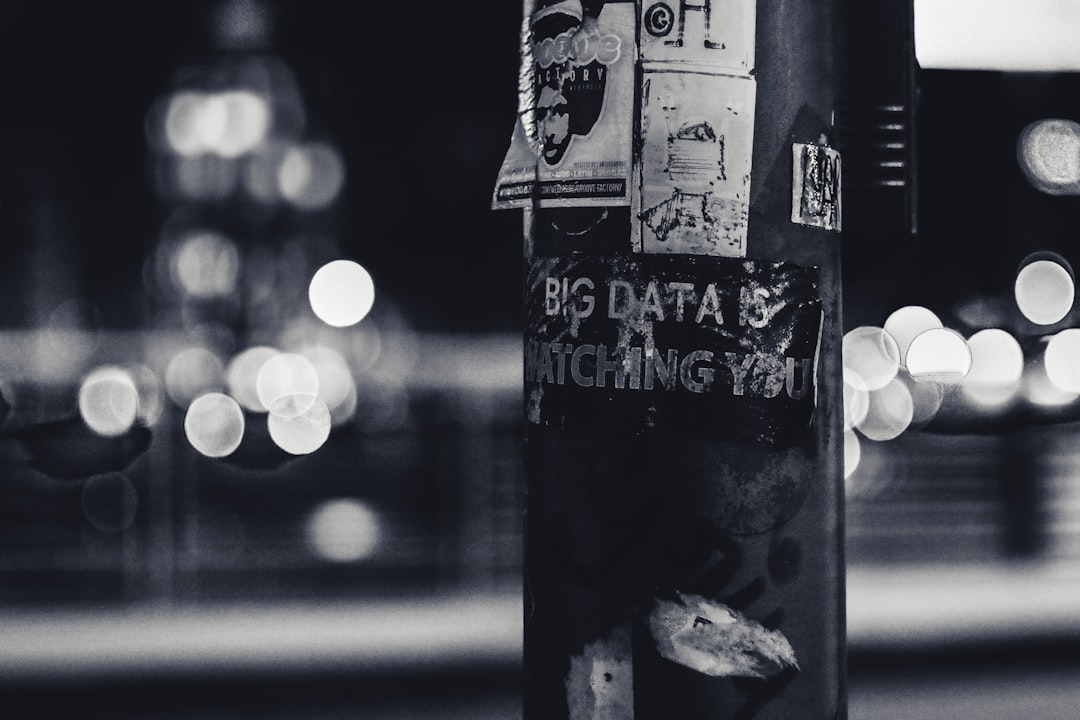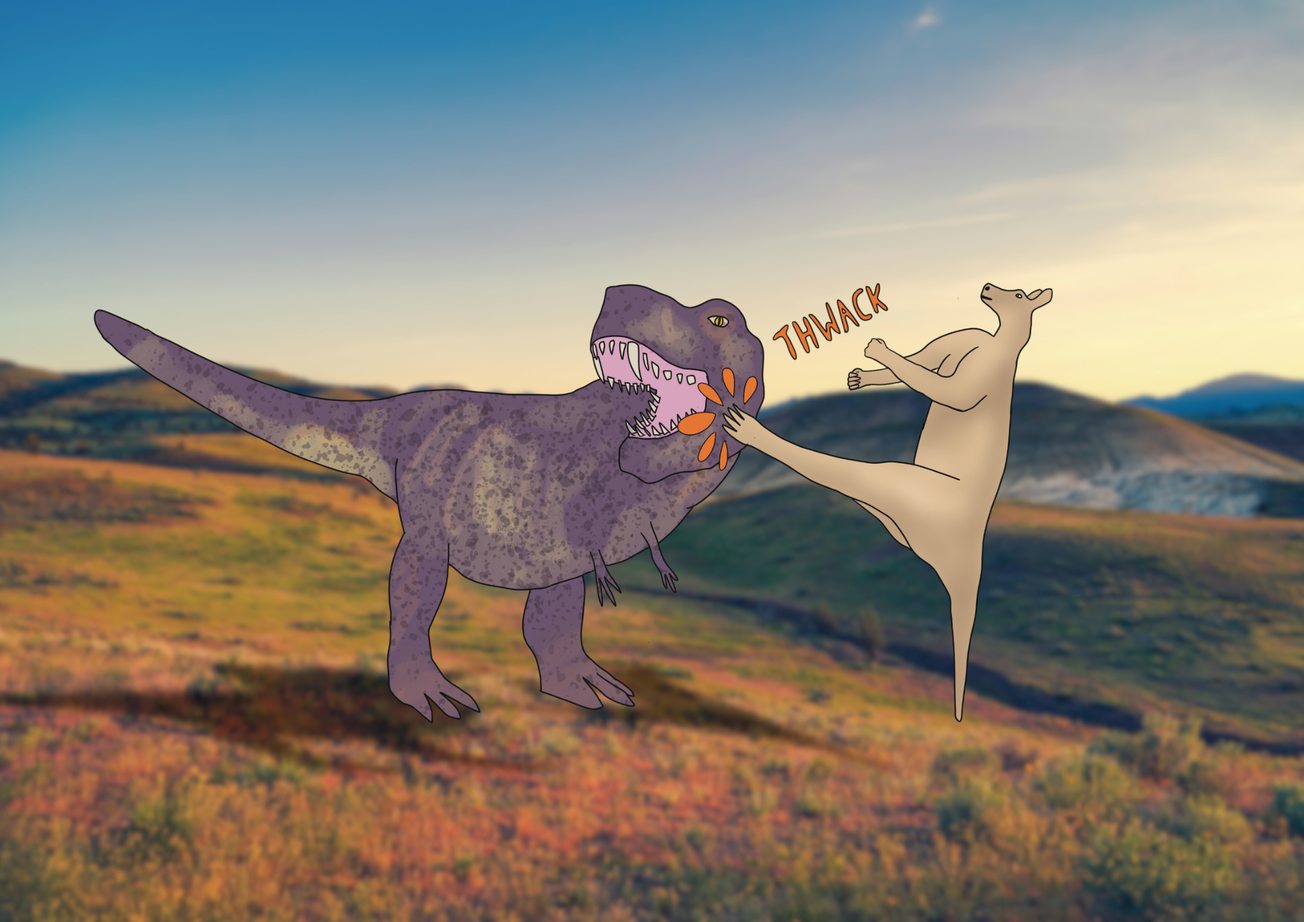By Olly Rogers, Third Year History
The Cambridge Analytica scandal has revealed a system of manipulation that should terrify us – but are we, as students, truly aware of the world of ‘Big Data’ that we’re living in?
What is ‘Big Data’? It refers to computer analyses of large (enormous) amounts of Data. The sheer amount of Data they can analyse is incomprehensible, but what makes modern computers even more powerful is that they can now learn independently of human assistance, a process aptly named ‘machine learning’. As Data pours in, these computers create and revise their own methods of analysis – methods that not even the smartest human could create.
The potential of these technologies is massive and can help us in many ways – but they can also be used to make a lot of money for the very few and exert a pervasive level of control throughout our societies.
For example, were you aware that many websites, Facebook included, continue to track your internet usage even when they’re closed? You gave them permission when you clicked ‘Accept’ on that annoying Cookie message. By now most of us are aware that when we see adverts online, they’re usually put there by an algorithm which selects the one that suits us best. But you might not be aware that many online ads are literally tailoring themselves to you. Run by an algorithm, a changes are continuously made to an advert. If a change gets the ad more clicks, the change is kept. If it gets less, it’s reverted. It’s a process that’s essentially survival of the fittest.
These data-driven methods of advertising can be powerfully and subtly manipulative, and exert a considerable influence that I’m not sure everyone is aware of. Of course, they make companies a lot of money – but we should also all be alarmed to remember that these techniques are used by political groups. The implications of this are massive, and were made painfully clear almost exactly a year ago in the Cambridge Analytica scandal.
I won’t go into the detail – if you’d like to learn more about the scandal itself, I’d particularly recommend The Guardian’s Cambridge Analytica Files. To briefly summarise: in March 2018 whistle-blower Christopher Wylie revealed the widespread data-misuse of Cambridge Analytica, a data science company. It’s now known that they accessed the profiles of roughly 87 million Facebook users –whether Facebook was complicit in this or simply didn’t do enough to protect our data is unclear. Analysing the data extracted from these profiles, Cambridge Analytica built political profiles for each one and used this information to assist various political figures in elections, including Ted Cruz and Donald Trump, by creating and targeting political advertising on Facebook. SCL, Cambridge Analytica’s parent company, has had a far greater reach: it has been linked to over 100 elections in 30 countries over 5 continents.

Photo by Book Catalog/ Flickr
A year on from this scandal and I find my habits unchanged. I continue to lazily accept the permissions that popup on websites. I continue to sign-in with Facebook on any site or service that has the option – because it’s easier. I have made no extra efforts to control what data I provide, to find out who has it or what they’re doing with it. As my data increasingly becomes a tool of control, I become increasingly complicit in a future that scares me – and I think that a lot of students are the same.
In writing this article I’ve wondered what advice I could give. How can we ourselves be more savvy with our information, and control where it goes? The only way I can think of is by not using services such as Facebook at all. Am I willing to do that? It’s an incredibly useful service, and it’s entwined in my social life. Perhaps this makes me just another foolish ‘millennial’. It doesn’t matter – my attitude represents a lot of people of my age.
In the face of what Christopher Wylie calls a ‘psychological warfare tool’, what can we do? Spreading awareness is one task – and I’ve tried to do my bit with this article. But there also must be more proactive initiative. It’s a challenge, but perhaps through education about these issues we can begin to influence our generation to be more protective over our data, to find alternatives to companies that clearly misuse our information. The SU and University informs us on important issues such as consent, gender, and race – should they perhaps add data to the list?
Featured Image: / Tech Daily
Is big data a big problem? Let us know your thoughts!










